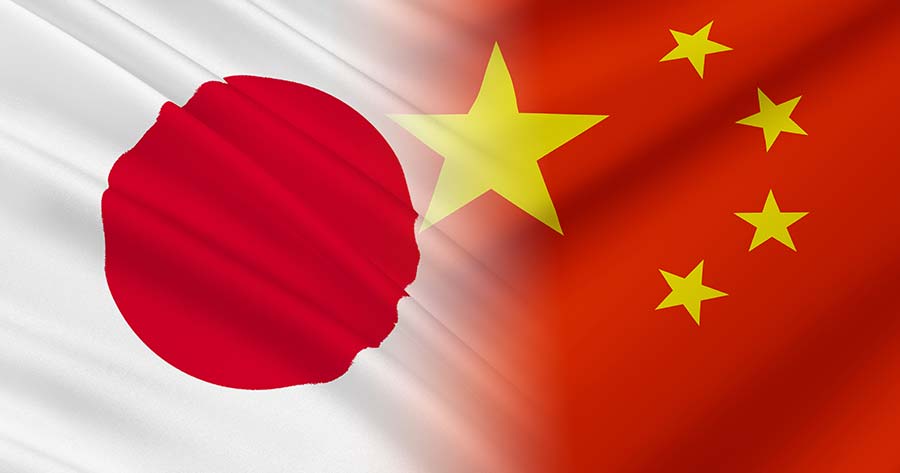Japan and China, two of the largest foreign holders of U.S. government debt, significantly divested from Treasury securities in the third quarter as the markets rallied in the lead-up to the presidential election.
According to data released by the US Department of the Treasury on Monday, Japanese investors offloaded a record $61.9 billion of these securities in the quarter ending September 30. Chinese funds shed $51.3 billion worth during the same period, marking the second-highest recorded divestment.
The divestment occurred as returns on Treasuries soared to a peak not seen in over two years in mid-September, ahead of the Republican sweep of Congress and the presidency. Subsequently, Treasury securities have fallen nearly 4% amid concerns about President-elect Donald Trump’s low-tax, high-tariff policies potentially stoking inflation.
Shoki Omori, the chief Japan desk strategist at Mizuho Securities Co., attributed the selloff to a mix of banks and pensions in Japan mitigating risks ahead of the U.S. election. Heightened geopolitical risks, particularly in China, have also provoked investors to turn away from Treasuries.
The sales by Japan may have been influenced by its foreign-exchange market intervention in July, wherein the Ministry of Finance sold USD to purchase JPY, totalling ¥5.53 trillion yen ($35.9 billion). Meanwhile, sales from China appear potentially distorted due to the country’s use of custodial accounts. Belgium — perceived as a hub for such accounts linked to China — reported an unprecedented purchase of $20.2 billion in Treasury securities in September.
Despite these sales, Japan and China remain significant market participants, holding $1.02 trillion and $731 billion in Treasuries respectively, emphasizing their influence over the U.S. debt market.
Ongoing uncertainty over President Trump’s treasury secretary pick and speculative trimming of Federal Reserve interest rate cut bets amid a resurgent economy are also contributing to upward pressure on U.S. yields.
Nick Twidale, chief analyst at AT Global Markets, noted that the market has started pricing in expectations of inflationary policies and tariffs under Trump’s upcoming administration, which will only intensify Treasury sales from China and Japan.





